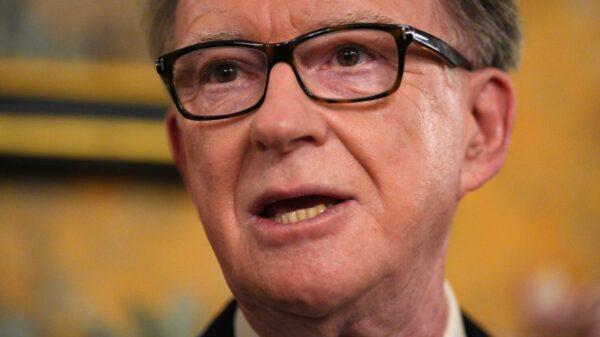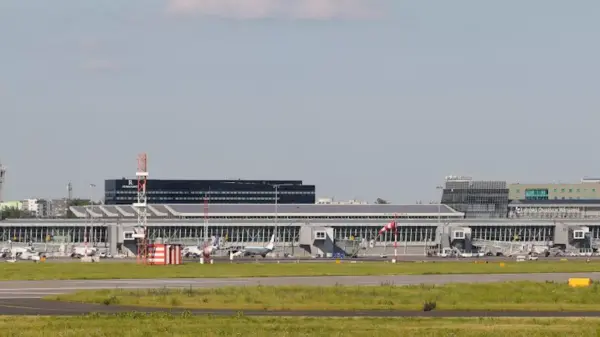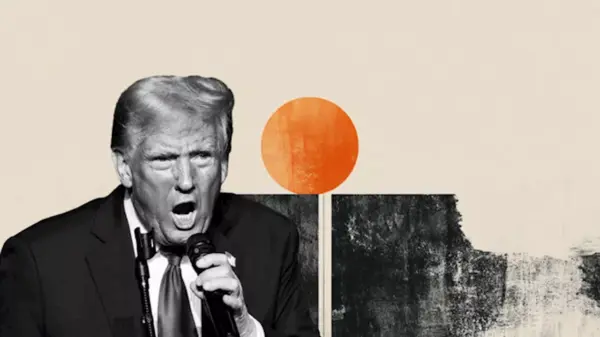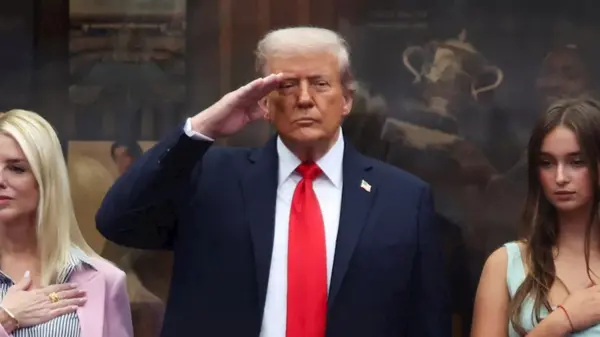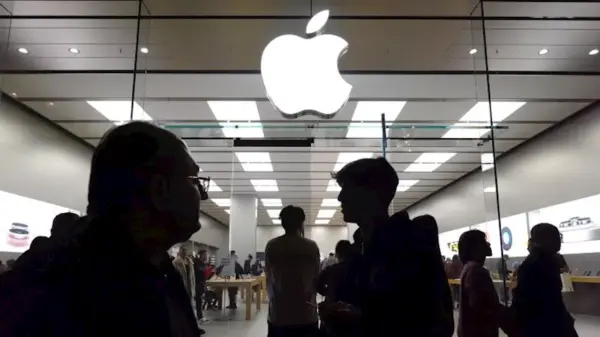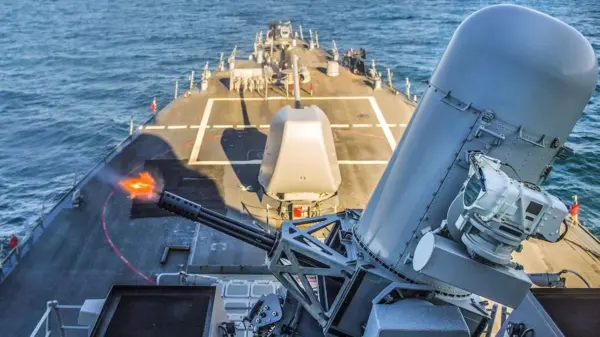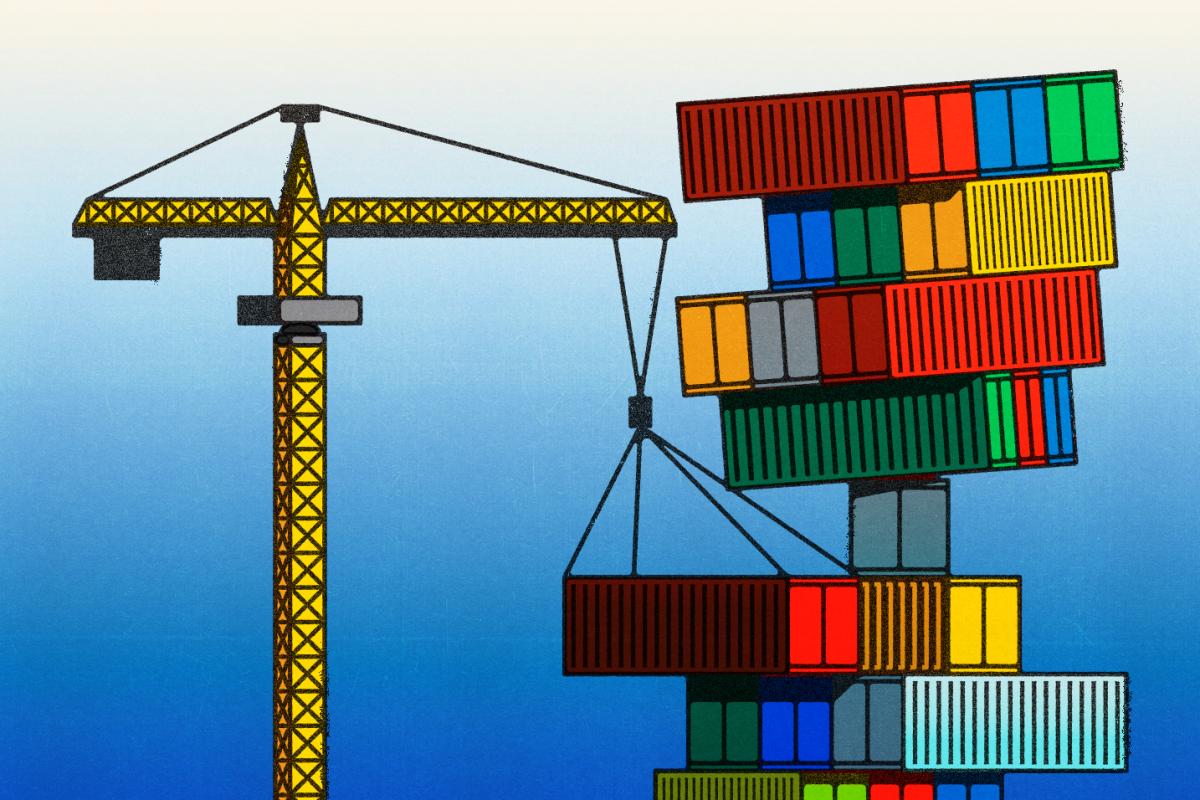The global economy is undergoing a significant transformation, marking the third major shift in a century. The United States has historically played a leading role in these changes, but recent trends indicate a more unilateral approach that risks alienating traditional allies and inviting competition from adversaries. This economic reordering has implications for global trade dynamics and national security.
Historically, the first major shift occurred at the Bretton Woods Conference in July 1944, where the U.S. leveraged its post-World War II strength to establish a dollar-centric international economic order. Harry Dexter White, a key architect of this system, envisioned a framework that would promote global trade and stability through fixed currency parities. This arrangement not only fostered international collaboration but also positioned the U.S. as the central economic power, shielding it from adverse currency fluctuations.
The second significant transformation emerged under Richard Nixon in 1971 when he dismantled the dollar’s convertibility to gold, a decision made during a retreat at Camp David. Nixon’s administration adopted a more aggressive stance toward international economic relations. Treasury Secretary John Connally famously dismissed concerns about upsetting allies, indicating a shift toward prioritizing U.S. interests over cooperation.
The current economic climate, heavily influenced by Donald Trump‘s administration, is characterized by unilateral actions such as the “Liberation Day” tariffs. These tariffs, aimed at both allies and adversaries, reflect a belief that the U.S. has been unfairly shouldering the burdens of global trade. This approach has prompted a reevaluation of the post-war trading system and has led to a rise in protectionist sentiments across the political spectrum in the United States.
The World Trade Organization (WTO) has struggled to adapt to the evolving economic landscape. Critics argue that it has failed to address unfair practices, particularly from nations like China, which employ aggressive industrial policies and subsidies that distort competition. As dissatisfaction with the global economy grows, both major political parties in the U.S. have increasingly embraced anti-trade policies, signaling a shift in public sentiment.
Trump’s administration is not the first to challenge the global trading system. Previous presidents, including Ronald Reagan, sought to protect American industries by imposing tariffs on foreign goods. However, Trump’s attempts at sweeping structural changes stand out, as they threaten established partnerships essential for shaping the global economic framework.
As nations across Europe, Latin America, and Southeast Asia explore new trade arrangements, the U.S. risks losing influence. The initial round of tariffs announced in April 2024 caused volatility in global bond markets, raising concerns about the stability of the international economy. While Trump highlights the need for reform, his methods may exacerbate existing problems rather than provide sustainable solutions.
A crucial aspect of the ongoing discourse revolves around the persistent trade deficit. Trump’s long-held grievance about this deficit stems from the belief that other countries’ economic policies unfairly disadvantage the U.S. This perspective positions trade deficits as a primary concern, obscuring the broader underlying issues that contribute to the current economic landscape.
The challenges facing the U.S. are not solely the result of external factors. Structural budget imbalances and domestic fiscal decisions have compounded the trade deficit issue. Moreover, the U.S. manufacturing sector confronts hurdles that hinder its ability to compete effectively on a global scale. To address these challenges, a collaborative approach that prioritizes fair trade and strengthens partnerships is essential.
An emerging consensus suggests that the U.S. should focus on establishing a new system centered on cooperation and equitable competition. This revised framework would require countries to adhere to high labor and environmental standards, fostering a fair-trade customs union that promotes mutual economic growth.
As the global economy stands at a critical juncture, the need for meaningful reforms is evident. The current institutions governing international trade, particularly the WTO, must evolve to effectively address the complexities of modern commerce. A realignment of global trade rules, emphasizing fair competition and cooperation, could restore the United States’ competitive edge while fostering a more stable international economic environment.
The potential for a new economic order presents an opportunity for the U.S. to reassert its influence while addressing the challenges of the current system. Leaders must seize this moment to shape a future that balances American interests with global cooperation, ultimately steering the world economy toward a more equitable and sustainable path.







